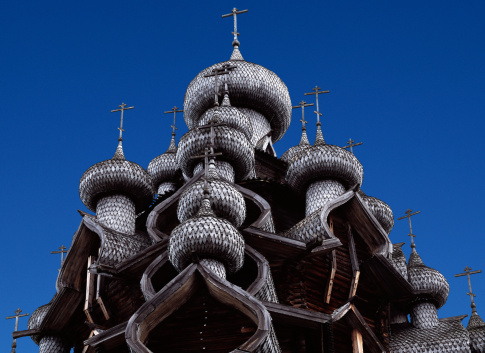Russia is the world’s seventh largest economy based on gross domestic product (GDP). The CIA World Factbook puts its GDP for 2013 at $2.55 trillion. An even modest contraction would push it out of the top ten.
Russia’s GDP only leads Brazil, the United Kingdom and France by extremely modest margins, with their figures at $2.42 trillion, $2.38 trillion and $2.27 trillion, respectively. Brazil’s economy has slowed some from the past decade’s growth rate and only rose by 2.5% last year. The U.K. and French economies were badly damaged by the recession, but each made progress in 2013 and they are expected to grow up to 2% in 2014.
Russia’s economy, on the other hand, could contract as much as 5% this year. The central government has posted figures more optimistic than that, but it has been forced to revise its rosy forecasts downward. According to the Moscow Times:
Russia’s 2014 GDP will grow by only 0.5 percent, down from the 2.5 percent predicted in December 2013, the Economic Development Ministry said. The corrections are due to growing capital outflow, declining investment in state and private sectors, and lower demand for Russian energy resources, said Deputy Minister Andrei Klepatch.
The International Monetary Fund (IMF) has said it may cut its forecast for 2014 GDP growth to less than 1%. But, as is often true of IMF predictions, the organization has hedged by saying the forecast has a “downside,” which is that prolonged sanctions from the European Union and United States, along with its possible decision to stop or slow energy exports to Ukraine and Europe, may cause a substantial contraction.
At the lowest end of forecasts for Russia’s 2014 economic performance, its GDP could fall 5% to $2.4 trillion. The World Bank recently reported Russia’s GDP is likely to fall 1.8%. That prediction was made before some of the sanctions recently imposed on Russia and the heightened tensions in Ukraine.
Russia may be the first large economy to have recovered from the Great Recession only to fall into another one. If so, its status as a major economy will disappear.
Thank you for reading! Have some feedback for us?
Contact the 24/7 Wall St. editorial team.


